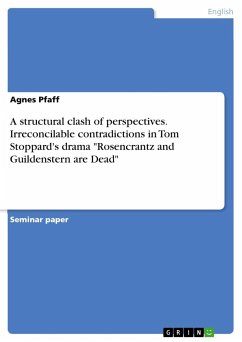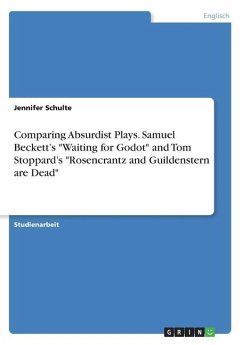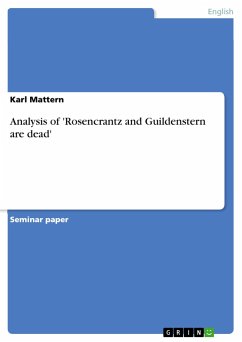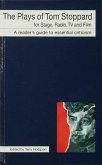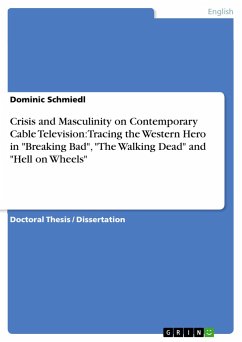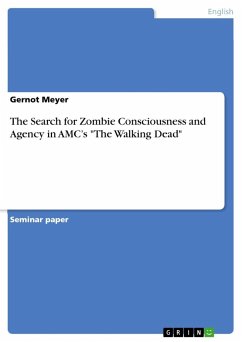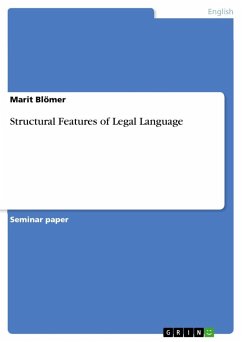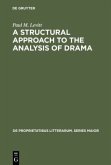Seminar paper from the year 2016 in the subject English Language and Literature Studies - Literature, grade: 1,0, , language: English, abstract: The first part of this term paper is devoted to structural features of Stoppard's play like the composition and combination of the plot, the coin metaphor (which is paradigmatic for the structure of "Rosencrantz and Guildenstern are Dead") the reciprocal relationship between the audience and the play and the use of metadramatical elements. The main emphasis of the second part is put on the adaptation and inversion of the play's dramatic predecessors "Hamlet" and "Waiting for Godot". Furthermore, the different perspectives unfolded shall be compared, contrasted and examined as regards content. A new form of art can only emerge from an investigation of the old, cultural possessions. Precisely this argument is dramatized in "Rosencrantz and Guildenstern are Dead" by means of comparing different models which try to introduce system and sense into the world, while none of them can claim to be of a general validity. The contradictions that have developed from man's existential need to understand and adopt a structured world-view must be left standing side by side - a central perspective to dissolve them is not available since every stance is system-immanent and thus relative. The concept of intertextuality implies the awareness that our ways of thinking and possible writing styles are always and inevitably shaped by the cultural conventions they stem from and also by the medium and the sign structures one has to make use of for the sake of articulation. The author does no longer pretend to be the original creator of an art work because he is well aware that he himself is a "cultural product" and that he has to make use of the literary repertoire, traditional stylistic devices, ideologies and conventions. Nevertheless, "Rosencrantz and Guildenstern are Dead" is neither an obvious intertextual assembly of quotations, a simple patchwork, nor is Stoppard a "theatrical parasite". Stoppard's play evades the traditional genre typology. Because of its midway position between tragedy and comedy, parody and pastiche the play is conservative in taking over whole sequences of Hamlet literally and at the same time revolutionary because the distance towards the previous literary models serves to embed ancient moral concepts and thought into an ironic, postmodern context.
Hinweis: Dieser Artikel kann nur an eine deutsche Lieferadresse ausgeliefert werden.
Hinweis: Dieser Artikel kann nur an eine deutsche Lieferadresse ausgeliefert werden.

